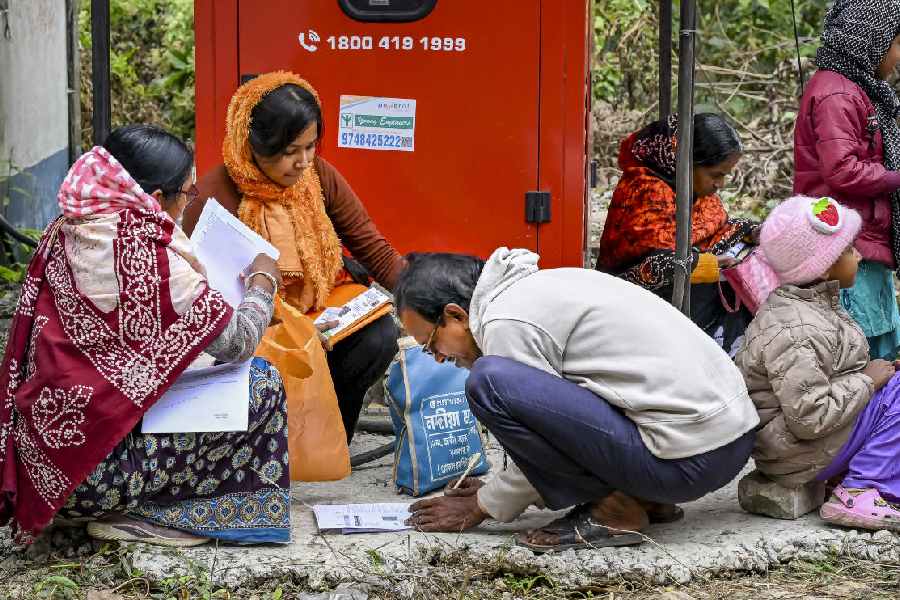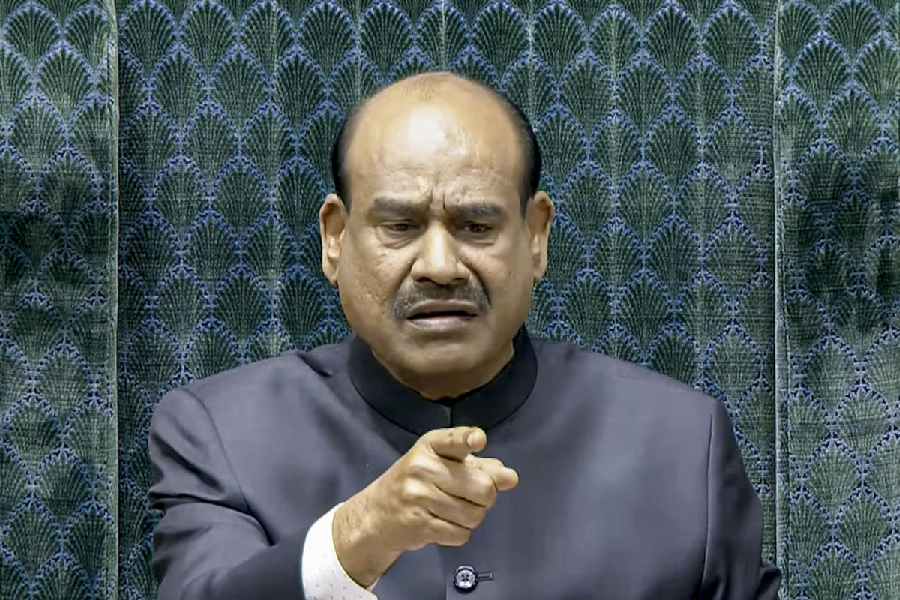New Delhi, Feb. 15: India’s first set of government-approved clinical trials of stem cells on patients with chronic obstructive lung disease, diabetes, liver cirrhosis and osteoarthritis are likely to begin in five cities in April this year.
A Bangalore-based company, Stempeutics Research, has received approval from the country’s drug regulatory agency to evaluate the efficacy of its stem cells on these four incurable diseases after safety assessments over the past year on patients with cardiovascular disease.
The efficacy — Phase II —trials are likely to begin on small groups of volunteer patients offered the experimental treatment in collaborating hospitals in Bangalore, Kochi, Delhi, Mangalore and Manipal, a senior Stempeutics official said.
Each volunteer patient will receive a dose of mesenchymal stem cells derived from the bone marrow of healthy persons. The stem cells, coaxed to proliferate in a broth of laboratory biochemicals, will be injected at the site of illness — the pancreas, the liver, the lungs, or the bone — where they are expected to stimulate resident stem cells and regenerate the damaged or lost tissue.
While private and even government hospitals have in the past offered stem cell therapy to patients with intractable conditions, the proposal by Stempeutics is the first with formal approval from regulators for chronic obstructive pulmonary disease (COPD), diabetes, liver cirrhosis and osteoarthritis.
The Phase II trials will involve testing the mesenchymal stem cells on 30 patients with COPD, 30 with diabetes, 45 with osteoarthritis, and 60 with liver cirrhosis, distributed across the five cities, Stempeutics chief executive B.N. Manohar told The Telegraph.
The proposal for the trials was screened by a panel of experts of the Indian Council of Medical Research. The evaluation of the results is expected to take several months, and Manohar cautions that a commercial therapy may emerge only by early 2014.
Stem cells are progenitor cells that have the capacity to turn into other cell types, such as liver cells, insulin-secreting pancreatic cells, bone cells, lung cells or even cells of the heart muscle.
Stempeutics has already conducted safety tests of mesenchymal stem cells on patients who have suffered damage to their heart muscles from heart attacks. These trials, which began more than a year ago, have shown that the stem cell injections are safe.
Whether they are able to regenerate heart muscle cells is yet to be evaluated. Independent stem cell researchers also caution that stem cell treatment is still a bit of a gamble rather than proven science.
“Mesenchymal stem cells are indeed promising, but there is still a trial-and-error phase,” said Sanjay Kumar, a research scientist at the Stem Cell Centre in Christian Medical College, Vellore, who is not associated with the Stempeutics effort. “No one knows what is the exact dose of stem cells that patients should receive or even when is the best time to give this therapy.”
The mesenchymal stem cells are extracted from the bone marrow of a small number of healthy donors. Stempeutics’s laboratory feat involved developing an appropriate nutrient medium that allows stem cells extracted from the bone marrow to proliferate.
“We need just 50ml from five or six donors to generate a million doses each containing up to a million stem cells,” said Satish Totey, a research scientist who had helped develop the nutrient medium at Stempeutics, but is no longer with the company.
But Totey and others are worried about the unregulated growth of stem cell treatment. Private clinics in Bangalore, Pune and Delhi have been offering patients treatment for a range of conditions from autism to diabetes, from Parkinson’s Disease to cerebral palsy.
Most of these clinics have not sought government approval for their trials and are charging patients for therapy. A Pune-based stem cell clinic has claimed success in treating autism.
“We need strong implementation of ethics. The Indian Council of Medical Research has to step in to prevent such exploitation of patients,” Totey said.










